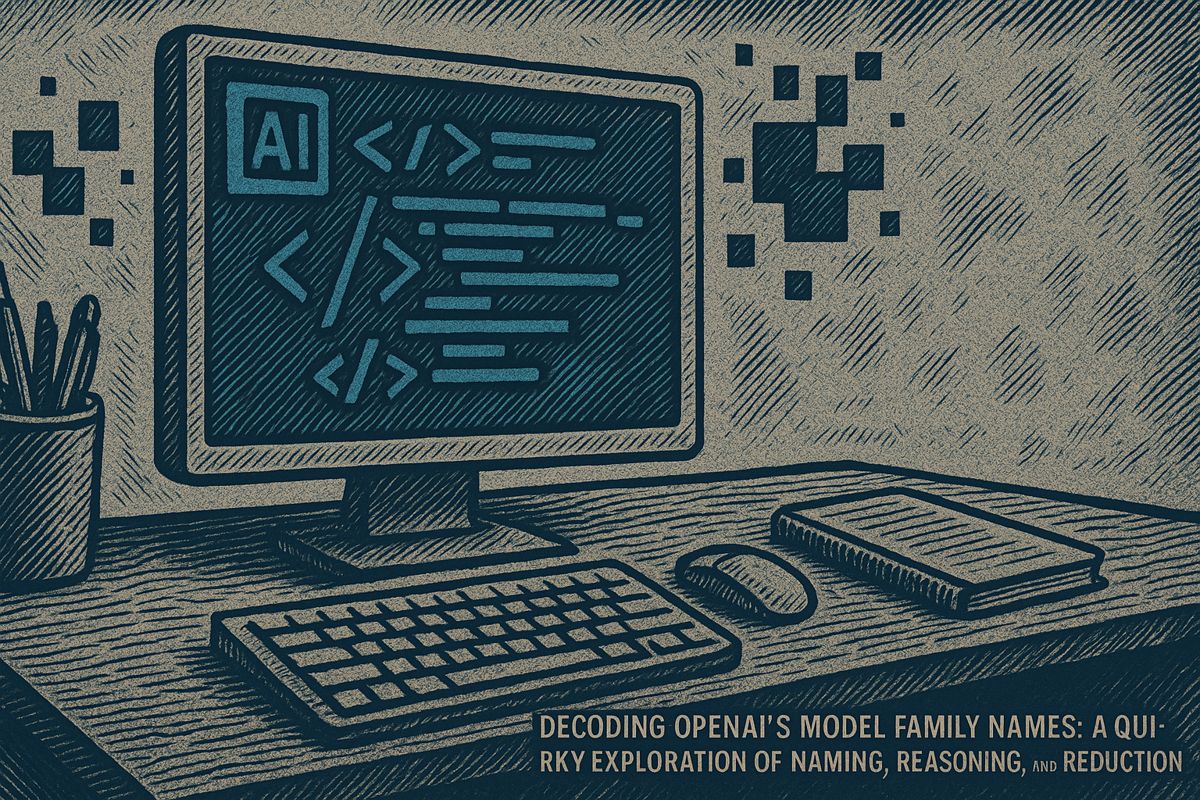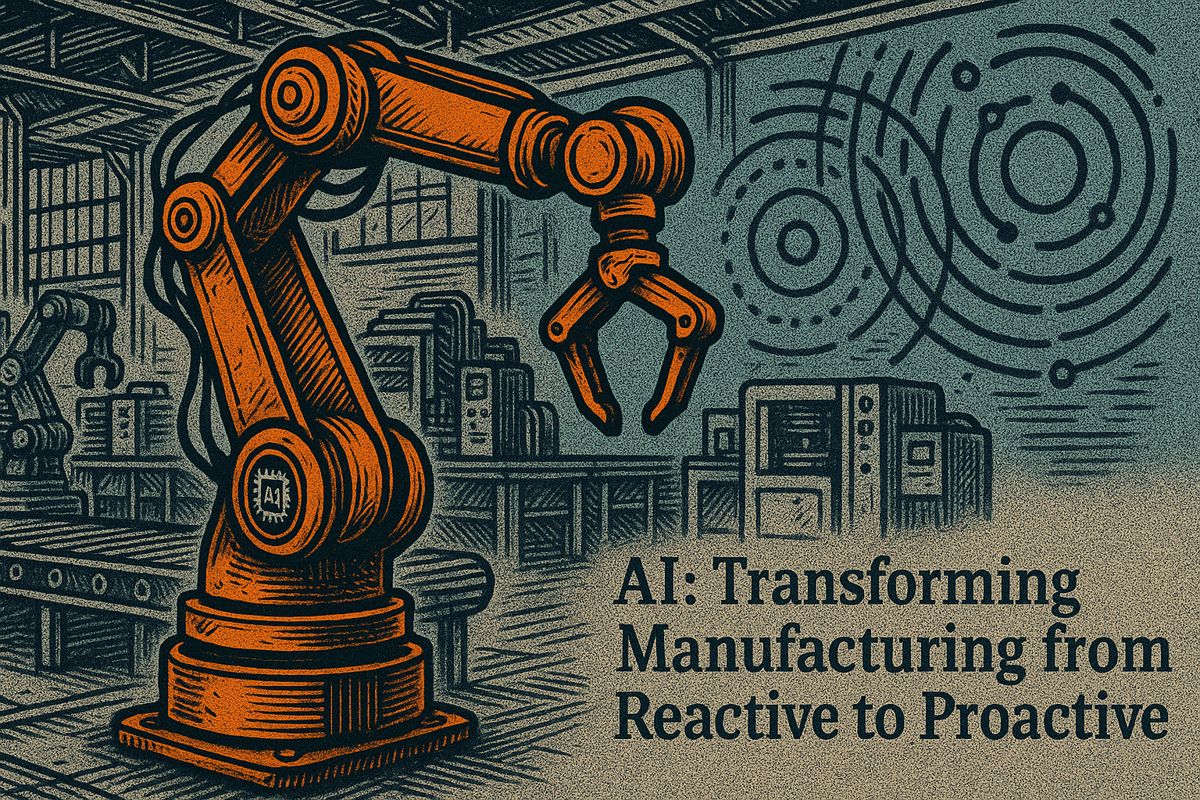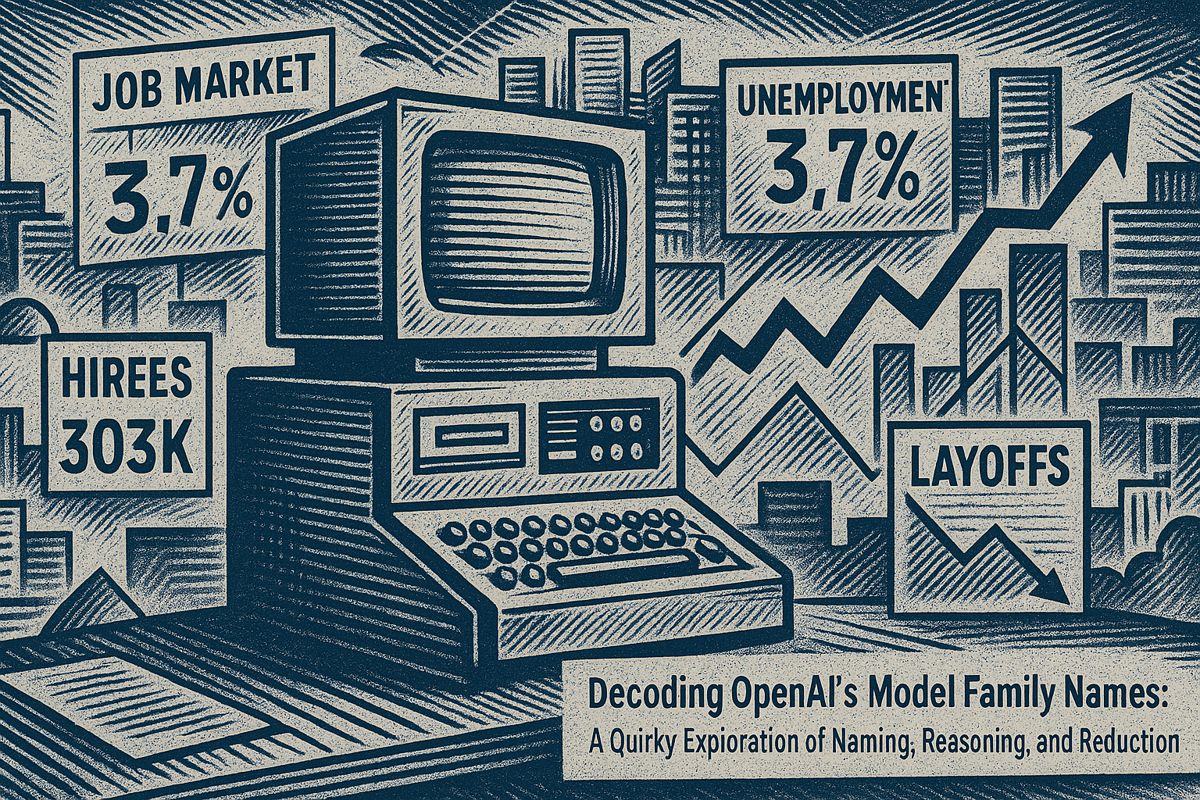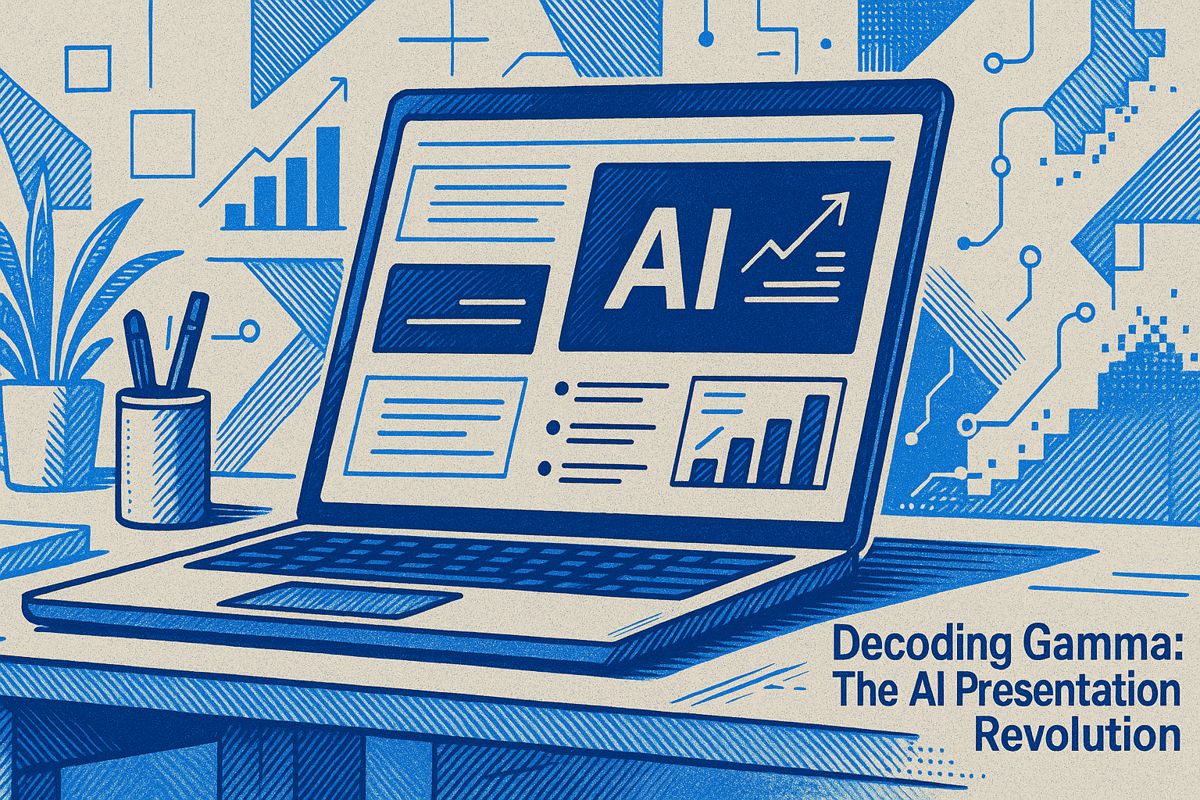Here’s the text with the most important phrase bolded using markdown:
Artificial intelligence is rapidly transforming the job market, potentially eliminating half of entry-level white-collar jobs within five years. Roles involving repetitive tasks in finance, tech, and law are most vulnerable, with AI predicted to generate 90% of new code and dramatically reshape employment opportunities. The potential impact is massive, with predictions of national unemployment potentially soaring to 20% and entire professional sectors being disrupted by automation. Companies across industries are already implementing AI technologies, from legal systems to corporate restructuring, signaling a significant shift in workforce dynamics. Despite widespread denial, the technological changes are accelerating, leaving many professionals uncertain about their future career prospects.
Are Entry-Level Jobs Disappearing Due to AI Automation?
Artificial intelligence could potentially eliminate 50% of entry-level white-collar jobs within five years. The most vulnerable roles involve repetitive tasks in finance, tech, and law, with AI predicted to generate 90% of new code and dramatically reshape the job market’s entry-level landscape.
Last week, I felt a cold chill as I listened to Dario Amodei, CEO of Anthropic, speak on the future of jobs. There was something surgical about his delivery, as if he were describing a weather pattern rather than a potential social earthquake. I’d just scrolled through a Twitter thread: dozens of engineers, some fresh with shiny computer science degrees, publicly questioning if it’s even worth learning to code these days. Oof. That thread took me straight back to my first real job – jittery, caffeinated, churning out spreadsheets in a cubicle, convinced grunt work was the rite of passage. Now I wonder, is that rite about to vanish pixel by pixel, like a corrupted file?
I’m not alone in this worry. My friend Mai entered the workforce last year, landing an analyst gig at a respected firm – the kind that makes parents beam. She called it “ghost work” when we spoke: tasks quietly automated away, entire projects handled by unseen bots, leaving her with a nagging sense of obsolescence. “They don’t fire you,” she said, “they just automate you.” It’s not isolated, either; across finance, tech, and—yes—even law, entry-level jobs are being “optimized” into thin air. That’s the phrase: optimized. Corporate code for redundancy.
Here’s where the numbers begin to bite. Amodei predicts that within five years, artificial intelligence could erase 50% of entry-level white-collar jobs. Half. The national unemployment rate, he warns, might soar to 20%—territory not seen since the dust storms and bread lines of 1933. Even more unsettling: he claims AI will produce 90% of new code within the next six months, and nearly all by next year. A year! That’s not the distant future; that’s the time it takes to forget where you left your passport.
The Numbers Behind the Narrative
Is the threat really that dire? I caught myself doubting—maybe I’ve let the headlines get to me, or perhaps I’m just prone to catastrophizing after too many midnight doom-scrolls. Still, the data paints a vivid, and frankly, disconcerting picture. The threat isn’t limited to software engineers or would-be Python prodigies. Professional bastions—finance, consulting, law—are all standing in the blast radius. The most vulnerable? Roles that repeat, process, and file: the bread and butter of entry-level careers.
Let’s throw in some specifics, for anyone still skeptical. Amodei’s projections align with recent developments: xAI, led by Elon Musk, has pushed Grok to a billion Telegram users in a $300 million deal. Opera’s Neon browser is billing itself as the world’s first “AI agentic browser.” Meanwhile, Reed Hastings of Netflix now sits on Anthropic’s board—a sign, perhaps, that the streaming era’s disruptors are looking for new ways to shake up the labor market.
Yet, there’s more. DeepSeek R1 V2 just dropped, but Smol AI is waiting on the paper for any headline claims—a cagey move, or just scientific caution? Claude Opus 4 now holds records in WebDev Arena and ARC-AGI-2, if you care about benchmarks. If these sound like arcane conjurations, you’re not alone. My head spun trying to keep up. The discussion isn’t happening in a vacuum either: 449 Twitter accounts, 9 subreddits, and 29 Discord servers track these changes, a cacophony of opinions, memes, and, occasionally, panic.
Beyond Silicon Valley: The Ripple Spreads
Automation isn’t just a Silicon Valley fever dream. The Arizona Supreme Court now uses AI avatars to explain rulings—a surreal twist I didn’t see coming; Walmart, that bellwether of American labor, is “restructuring” white-collar roles; translation: more bots, fewer people. I can almost taste the air in those fluorescent-lit offices, tinged with coffee and apprehension. The mood is electric with anxiety, like the way the static in the air prickles before a thunderstorm.
Picture this: Amodei believes the first billion-dollar company with just one human on payroll is coming soon, surrounded by fleets of digital agents. Funny, or just sad? When I imagine the holiday parties, the company newsletter, the awkward elevator chats—who’s left for any of it? Claude Opus 4? Grok? (Someone still has to order the pizza, right?)
Solutions, if you can call them that, are emerging. A “token tax” on AI companies, siphoning off revenue to support displaced workers, is being proposed. Radical, certainly. Likely? I wouldn’t bet my lunch on it. And, of course, there’s the perennial call for upskilling. But retraining millions faster than algorithms outpace us? Sounds like a fool’s errand. (Last week, I brushed up on Python tutorials. Today, I read that Python itself might soon be obsolete. Typical.)
The Human Element: Hope, Denial, and a Bit of Humor
Here’s the twist in the tale: most people don’t believe any of this is imminent. The refrain is always, “AI can make memes, sure—but it can’t do my job.” I’ve heard this sangfroid from friends, family, even colleagues at Google. Denial, it seems, is the flavor of the month. Yet the likes of Google’s AI Edge Gallery and viral AI-generated videos—some so lifelike they trick millions—are already muddying the waters of what’s human and what’s not.
Meanwhile, companies are quietly pulling the plug on generative AI projects that don’t deliver tangible



















